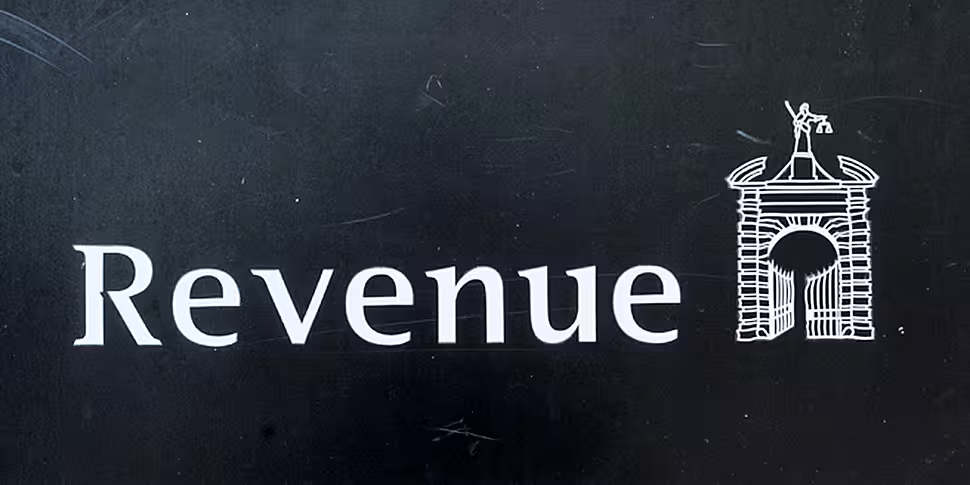The European Commission's plans to introduce a Common Consolidated Corporate Tax Base (CCCTB) across the European Union could destroy Ireland's tax take, UCC economist Seamus Coffey has warned.
Speaking before the Oireachtas Finance Committee on the proposals, Coffey said:
"It is not unduly pessimistic that Ireland could lose up to 50% of our current corporation tax base if the CCCTB is to be introduced."
The Government is opposed to the proposals, which would essentially see corporation taxes applied at local rates in the countries where companies sell their goods and services as distinct to where their regional headquarters are located.
The move would benefit large member states such as France but, as Coffey warned the Oireachtas Finance Committee yesterday, could have a huge impact on Irish revenues which are likely to rise to over €7bn in the current year.
Coffey also noted that, as well as seeing Irish-based companies forced to pay some of the tax currently paid here elsewhere, it could change corporate behaviour, including where they set up.
The proposals might also see Irish firms pay less tax as they avail of new loopholes including writing off entertainment costs.
The Irish Tax Institute said the CCCBT would mean a loss of Irish sovereignty, writing in its submission to the committee:
"Countries need the flexibility to adapt their tax policy if problems arise or individual circumstances change. One of Ireland's unique strengths is that we can adapt quickly to change when the need arises. This has served us well and is not something to surrender lightly."
According to the Irish Independent, the EU economic commissioner Pierre Moscovici commented last month:
"We are in a new world where people want transparency and want the multinationals to pay their fair share of tax where they take profits. We are really, I think, not trying to act against national tax sovereignty but to create a European sovereignty in this matter."
His comments came as Brussels also announced plans to develop a Eurozone finance ministry and ordered a collective fiscal stimulus of approximately €50bn for members.
The consolidated corporate tax base was proposed as far back as 2011.
The European Commission explains the currently proposed system thusly:
“The CCCTB is a harmonised system to calculate companies' taxable profits in the EU. It offers one set of rules for companies to determine their tax base, rather than multiple national ones. It will enable businesses to file a single tax return for all of their EU activities.
"Companies in the CCCTB system will also be able to offset losses in one Member State against profits in another, thereby enjoying the same treatment as purely domestic companies. The CCCTB will make it easier, cheaper and more attractive for companies to operate across the Single Market.
“The CCCTB is also a potentially powerful instrument against tax avoidance. Common rules for taxing companies in the EU will remove the loopholes and mismatches in the current corporate tax frameworks which enable aggressive tax planning. They will boost transparency and reduce harmful tax competition.”
Last week, Ireland was named as one of the world’s worst corporate tax havens.
Oxfam Ireland CEO Jim Clarken said the country is part of a “toxic global tax system” that benefits the, “very wealthiest while ordinary people pay the price”. As part of the charity organisation’s ‘Tax Battles’ research, Ireland was placed sixth in a list of 15 nations that are “helping big business to cheat countries and their citizens out of billions of euro in tax every year.” Bermuda topped the list, followed by the Cayman Islands and the Netherlands.









